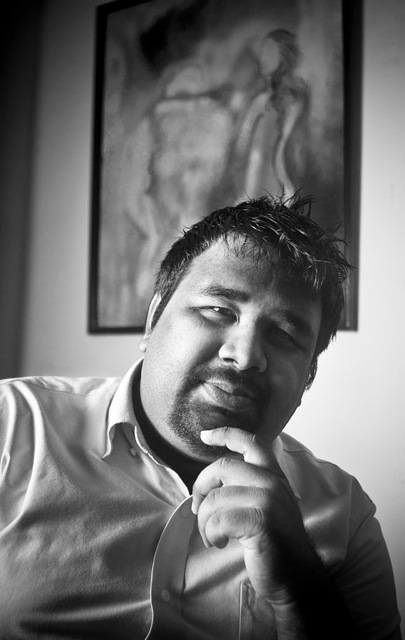CHETAN RAMCHURN

Law and order in Pravind Jugnauth’s first reign (i.e with him holding a majority in parliament after standing as the prime ministerial candidate) has proved to be a major concern. The initial enquiry into the death of MSM agent Soopramanien Kistnen concluded that it was a suicide. Astonishingly, the various pieces of evidence on the location where the burnt body was found were seemingly not important enough to indicate foul play. We were informed last week by a Police Sergeant that he was surprised that the suicide option had been privileged for upon visiting the site where the body was found on the 18th of October 2020, he discovered a box of matches, a partially burnt pair of scissors with traces of blood on the blades, a backpack as well as a mobile phone which had neither a sim nor a memory card.
That traces of a red car’s presence and a mobile phone cover have been collected merely some days back by the panel of lawyers and family members raises even more doubts on the way in which the investigation was carried out. On Thursday last, a Minister’s brother gave his version in court, taking the time to detail the various intricacies of an ever-thickening alleged plot. Of course, everyone is considered innocent until proven guilty. Still, the Prime Minister has chosen not to talk. Not even on the glaring misses of the enquiry and the obvious loopholes and unexplored possibilities. The head of government has failed to show any gravitas: a sense of the importance of the matter at hand. The Premier has not addressed the fact that someone with crucial information was interviewed in a mess without having his statement recorded because “it was a sensitive issue”. That Jugnauth chose to give a ‘clean chit’ to a scandal-prone MP from his constituency at a political gathering based on his own investigation is even more worrying. What we have instead of a dignified response to this matter are attempts to tarnish the opposition.
Another issue which has come to light during this enquiry is the inefficiency of the hefty safe city cameras. The Rs 19 billion surveillance state project has showed its obvious limits. At such a costly price financially and in terms of privacy, one would expect greater efforts to be spent in ensuring that a transparent process would be set up. We are entitled to know who watches upon us, what exactly is being recorded and for how long these recordings are kept? Had recordings been available, further cues could have been gleaned. Whether the sought footage is found remains to be seen. Still, there are other avenues that are available to the police. Mauritius ranks high on the number of police officers per capita, otherwise known as the police density index. As at 2013, for every 100,000 people, our country had 987 police officers. Further personnel can potentially be assigned to the case. There are certainly other ways of generating leads: calls for witnesses, asking for CCTV footage from businesses and households, checking mobile exchanges between the departed and others and the ‘bornage telephonique’ of the mobile numbers of Mr. Kistnen amongst others. This will again spur a debate on the need to introduce the ‘juge d’instruction’ (Examining magistrate in the British System) in our system.
Will the Kistnen case like the Angus Road saga not be properly investigated until and unless there is a regime change? Arendt describes the leaders of totalitarian governments as being those who ‘can never admit an error’, their followers as blinded and who have chosen to ‘not trust their eyes and ears’, choosing to welcome propaganda as an ‘escape from reality’. Mauritian citizens would hope that we have not reached this type of cynicism where truth is buried and a morbid code of silence maintained. May the brave ones keep fighting for the truth.


